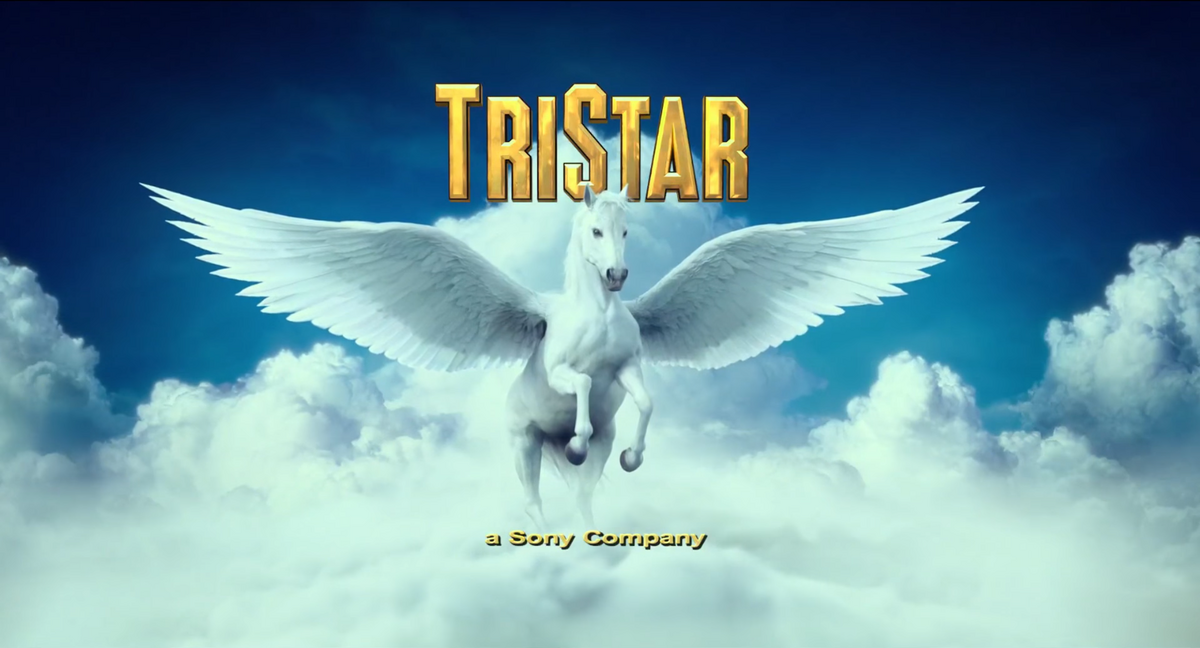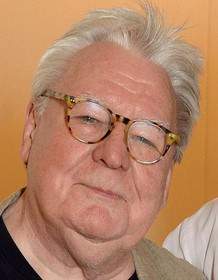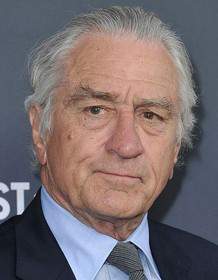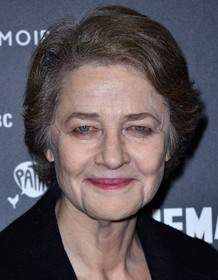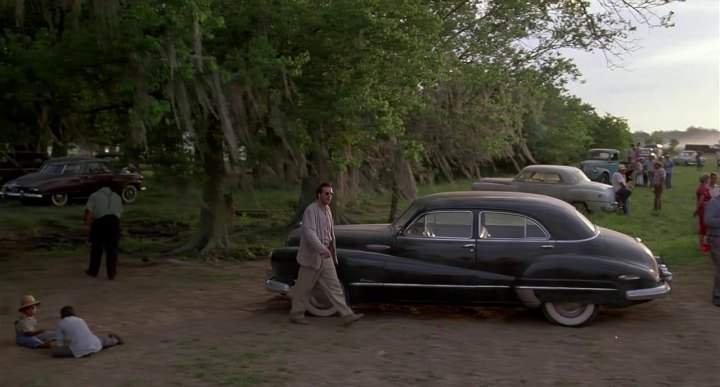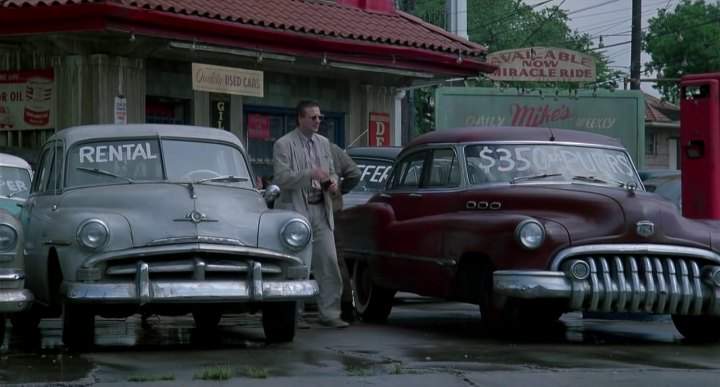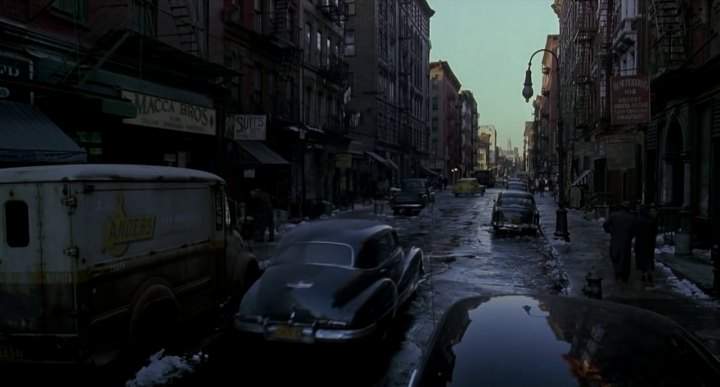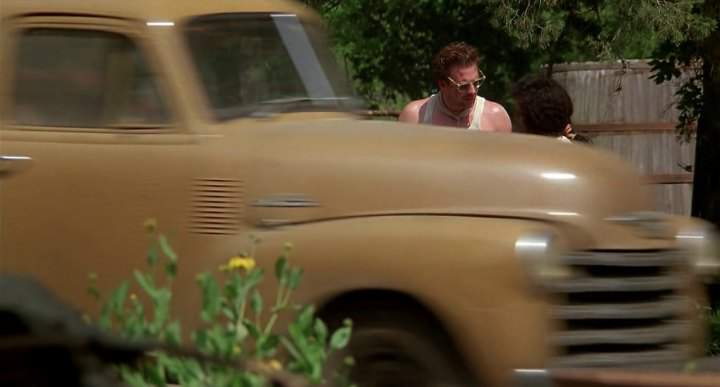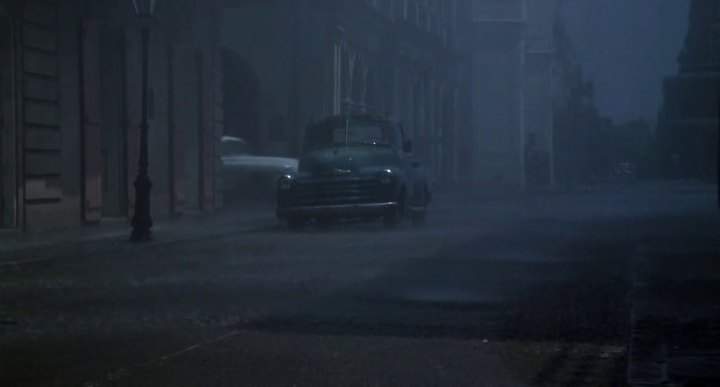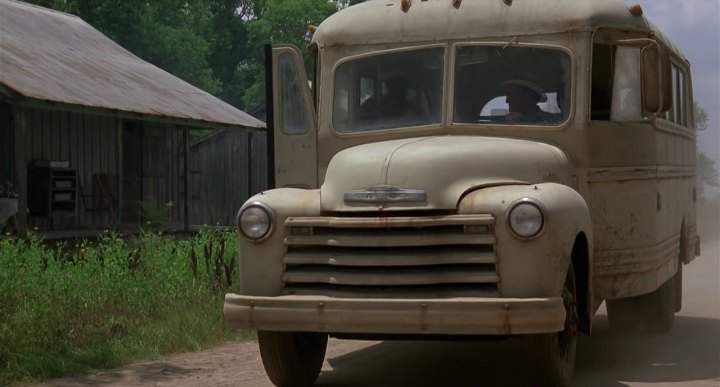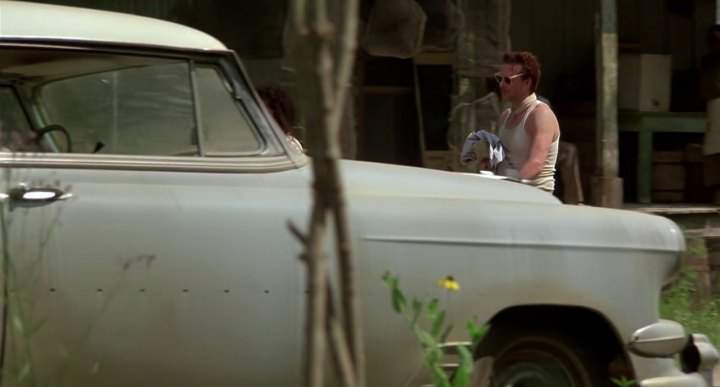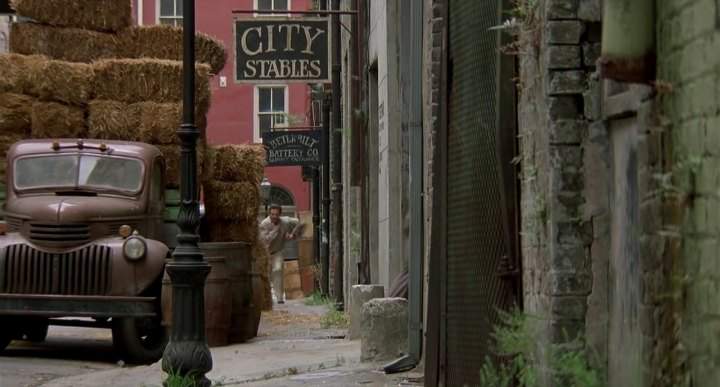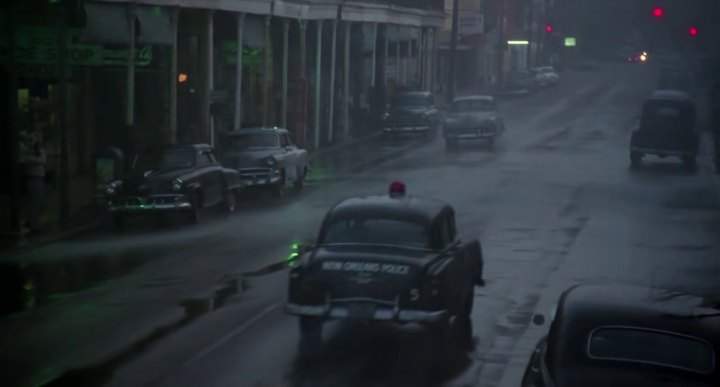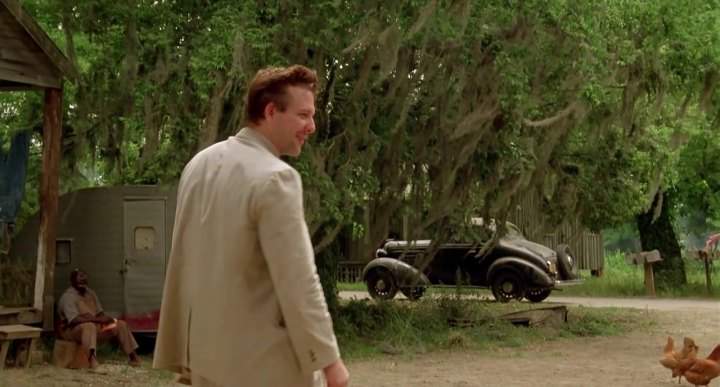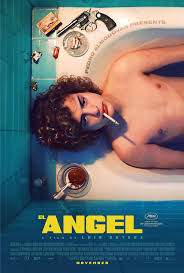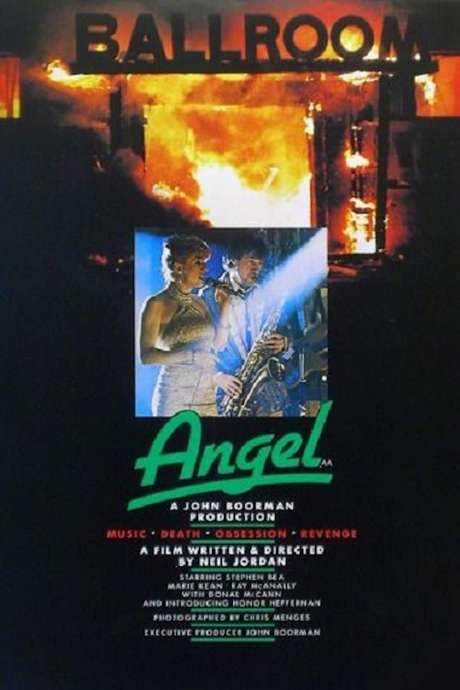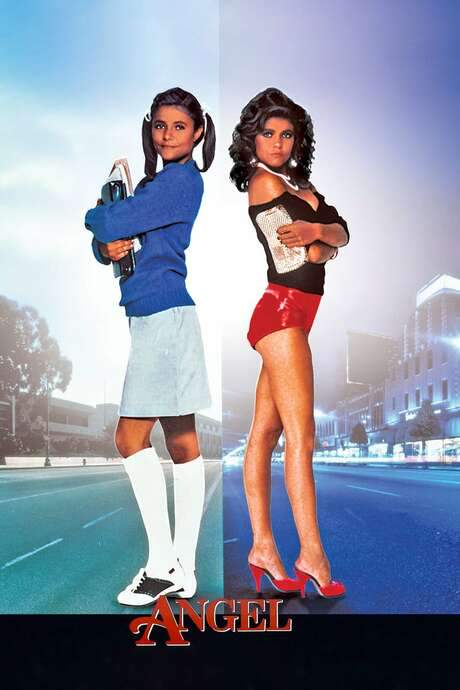Angel Heart 1987
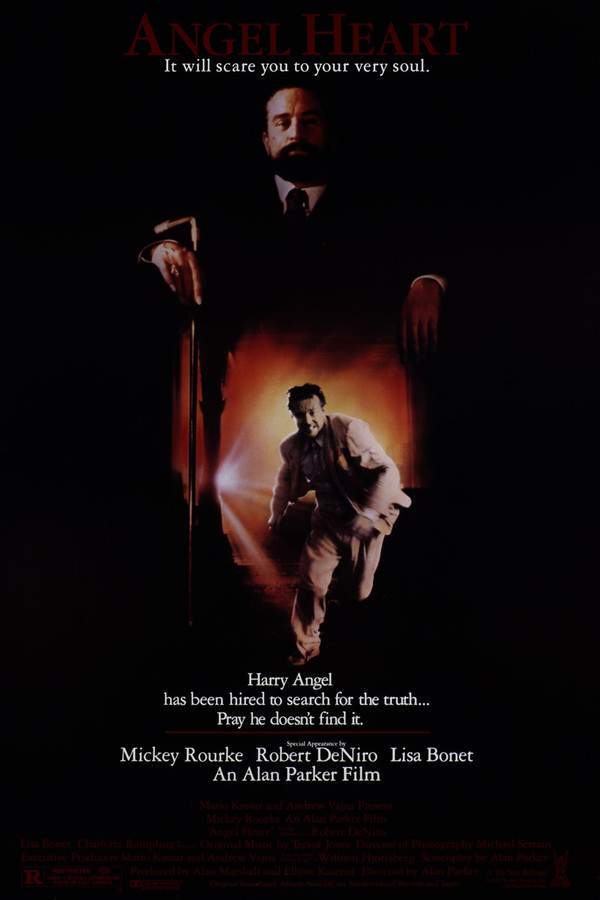
A private investigator named Harry Angel is hired to locate a singer named Johnny Favorite, setting off a disturbing and dangerous search. As he delves deeper into the case, he encounters a series of gruesome murders and unsettling connections to voodoo and dark rituals. The investigation reveals that his mysterious employer, Louis Cyphre, is intricately involved in Favorite's disappearance and holds secrets that threaten to consume Harry. The truth he uncovers is far more sinister than he could have imagined.
Does Angel Heart have end credit scenes?
No!
Angel Heart does not have end credit scenes. You can leave when the credits roll.
Meet the Full Cast and Actors of Angel Heart
Explore the complete cast of Angel Heart, including both lead and supporting actors. Learn who plays each character, discover their past roles and achievements, and find out what makes this ensemble cast stand out in the world of film and television.
External Links and Streaming Options
Discover where to watch Angel Heart online, including streaming platforms, rental options, and official sources. Compare reviews, ratings, and in-depth movie information across sites like IMDb, TMDb, Wikipedia or Rotten Tomatoes.
Ratings and Reviews for Angel Heart
See how Angel Heart is rated across major platforms like IMDb, Metacritic, and TMDb. Compare audience scores and critic reviews to understand where Angel Heart stands among top-rated movies in its genre.

61
Metascore
7.2
User Score


82%
TOMATOMETER

81%
User Score

7.2 /10
IMDb Rating

71
%
User Score
Take the Ultimate Angel Heart Movie Quiz
Challenge your knowledge of Angel Heart with this fun and interactive movie quiz. Test yourself on key plot points, iconic characters, hidden details, and memorable moments to see how well you really know the film.
Angel Heart Quiz: Test your knowledge on the dark and twisted narrative of the film Angel Heart.
What date does the story of Angel Heart begin?
January 1, 1955
January 3, 1955
February 14, 1955
December 31, 1955
Show hint
Awards & Nominations for Angel Heart
Discover all the awards and nominations received by Angel Heart, from Oscars to film festival honors. Learn how Angel Heart and its cast and crew have been recognized by critics and the industry alike.
15th Saturn Awards 1988
Best Supporting Actress
Best Writing
Full Plot Summary and Ending Explained for Angel Heart
Read the complete plot summary of Angel Heart, including all major events, twists, and the full ending explained in detail. Explore key characters, themes, hidden meanings, and everything you need to understand the story from beginning to end.
An ominous, slushy street greets us at midnight during winter, as a dark figure meanders down an alley filled with the sounds of anguish and moaning. An alley cat gazes down from a fire escape, while a street dog wanders, desperately searching for scraps. The dog’s eyes find the cat, and it begins to chase, only to pause momentarily to lap up the fresh blood oozing from the chest of a homeless man.
In New York City on January 3, 1955, we meet Harold Angel (Mickey Rourke), a disheveled private investigator dressed in a trench coat, making his way through Brooklyn. As he smokes, he nods to various neighbors amidst the persistent sound of a ringing telephone. Harold enters his shabby office to take a call from an attorney, Mr. Winesap, who wishes to arrange a meeting with a mysterious man named Louis Cyphre (Robert De Niro) in Harlem.
Upon arrival, Harold traverses an African-American neighborhood, passing mourners, before stepping inside a building where a peculiar Pentecostal service is underway. Intrigued, he observes from the gallery as the preacher passionately encourages his congregation to give generously for what appears to be his personal gain. Joined by Winesap, Harold is led to meet Cyphre. This man carries an unsettling aura; with a beard, long hair neatly tied, and an odd calmness, he remains seated, scrutinizing Angel’s identification without haste.
Cyphre’s interest lies in finding Johnny Favorite, a crooner whose real name was Johnny Liebling. According to Winesap, the singer sustained amnesia from an accident during the war, and Cyphre believes he may still be alive, urging Angel to investigate. As their conversation unfolds, Cyphre’s disconcerting demeanor leaves Harold increasingly uneasy, yet he is oddly drawn to the case, intrigued by the mystery shrouding Johnny Favorite.
Driving away, Angel reflects on the meeting, whistling a melancholic tune. He arrives at the hospital tied to Johnny’s case, presenting a fake ID to charm the receptionist into revealing that Johnny was transferred on December 31, 1943. Unsettlingly, he notices the signature on the records is in ballpoint—a technology not in use at that time. Determined to dig deeper, Angel heads to the doctor’s apartment to confront Dr. Fowler, where a chaotic confrontation reveals dark secrets involving a man named Edward Kelly and a woman who once held Johnny dear.
As the tale spirals into the supernatural, Angel finds himself entwined in a web of ritualistic mysteries. From chilling encounters with hooded figures to blood-soaked visions, he navigates the haunting remnants of Johnny’s past intertwined with his own reality. The search for Johnny Favorite leads him to a jazz bar, where he encounters musicians who harbor secrets and shadows of the past: Toots Sweet (Brownie McGhee) refuses to share much; instead, he curls up in a ball of denial whenever Angel presses for answers.
The narrative deepens as secrets of love, betrayal, and dark magic unfold before Angel. His interactions with enigmatic women—such as Margaret Krusemark (Charlotte Rampling) and Epiphany Proudfoot (Lisa Bonet)—bring both desire and dread, as threads of occult practices dance in the periphery. Each encounter unfurls a tapestry of gruesome realizations—the sacrifices made to fulfill ambitions and the truth behind Johnny’s last moments before his vanishing act.
In a chilling revelation, Angel discovers the reality of his identity; he is bound to the tragic fate of Johnny Favorite. In his desperate struggle against the dark forces at play—longing for redemption yet confronted by monstrous memories—he positions himself in a dramatic climax. Louis Cyphre reveals himself to be Lucifer, deepening the labyrinth of deception that encircles it all.
The undercurrents of horror and revelation culminate in a harrowing conclusion, where the veil of sanity is lifted, exposing unimaginable truths. As fate intertwines with choices, and bloodlines twist in unnatural ways, Angel’s final recognition of self leads him to a devastating acceptance: the devil’s bargain was made long before his consciousness awoke. The echoes of his past whisper insidiously, overshadowing any chance of escape from the horrors of his existence.
“I know who I am!”
In a haunting denouement, we witness the ties that bind him—the blood that unites them all in chaos. As the screen darkens, an elevator calls him down into the depths, leaving behind the ripples of a life marred by fate. The saga of Angel Heart leaves an indelible mark, a reminder that some deals made in darkness may never see the light again.
Uncover the Details: Timeline, Characters, Themes, and Beyond!

Coming soon on iOS and Android
The Plot Explained Mobile App
From blockbusters to hidden gems — dive into movie stories anytime, anywhere. Save your favorites, discover plots faster, and never miss a twist again.
Sign up to be the first to know when we launch. Your email stays private — always.
Watch Trailers, Clips & Behind-the-Scenes for Angel Heart
Watch official trailers, exclusive clips, cast interviews, and behind-the-scenes footage from Angel Heart. Dive deeper into the making of the film, its standout moments, and key production insights.
Cars Featured in Angel Heart
Explore all cars featured in Angel Heart, including their makes, models, scenes they appear in, and their significance to the plot. A must-read for car enthusiasts and movie buffs alike.
Angel Heart Themes and Keywords
Discover the central themes, ideas, and keywords that define the movie’s story, tone, and message. Analyze the film’s deeper meanings, genre influences, and recurring concepts.
Angel Heart Other Names and Titles
Explore the various alternative titles, translations, and other names used for Angel Heart across different regions and languages. Understand how the film is marketed and recognized worldwide.
Similar Movies To Angel Heart You Should Know About
Browse a curated list of movies similar in genre, tone, characters, or story structure. Discover new titles like the one you're watching, perfect for fans of related plots, vibes, or cinematic styles.
Quick Links: Summary, Cast, Ratings, More

What's After the Movie?
Not sure whether to stay after the credits? Find out!
Explore Our Movie Platform
New Movie Releases (2025)
Famous Movie Actors
Top Film Production Studios
Movie Plot Summaries & Endings
Major Movie Awards & Winners
Best Concert Films & Music Documentaries
Movie Collections and Curated Lists
© 2025 What's After the Movie. All rights reserved.


